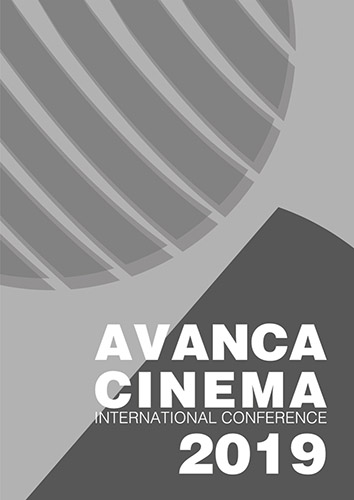Chapter II _ Cinema - Cinema
Cinema documentário, memória, política e exílio. Vivências no feminino.
Abstract
This communication seeks to address the issue of political movement, migration and exile through the documentary work of Chilean director Carmen Castillo, who in 1974 was forced to leave her country and to exile in France. Castillo was a militant of the MIR (Revolutionary Left Movement) along with his companion Miguel Enríquez. In 1974, after being betrayed by a leader of the left-wing movement, Castillo, pregnant and already the mother of two children, is confronted with a military operation in the house where they lived, in Santa Fe Street. She is arrested and her companion executed during the military operation. In order to understand this dramatic moment and which had serious repercussions throughout her life, Castillo makes two documentary films that relate to each other. The first La Flaca Alejandra; Lives and deaths of a Chilean woman (1994, 60 min.), presents the director’s meeting with the one that betrayed her to the military police in 1974. The second Calle Santa Fe (2007, 182 min.) is of another scope for the duration of almost three hours, during which we observe in a tone much more autobiographical and subjective than the previous film the questions of this woman who returns to the place where her personal tragedy began, that is, Santa Fe Street. Both films intriguingly address the past of a nation through, especially memory, whether personal or collective. These issues will be analyzed through authors like Beatriz Sarlo, Maurice Halbwachs and Laura Rascaroli.

This work is licensed under a Creative Commons Attribution 4.0 International License.

